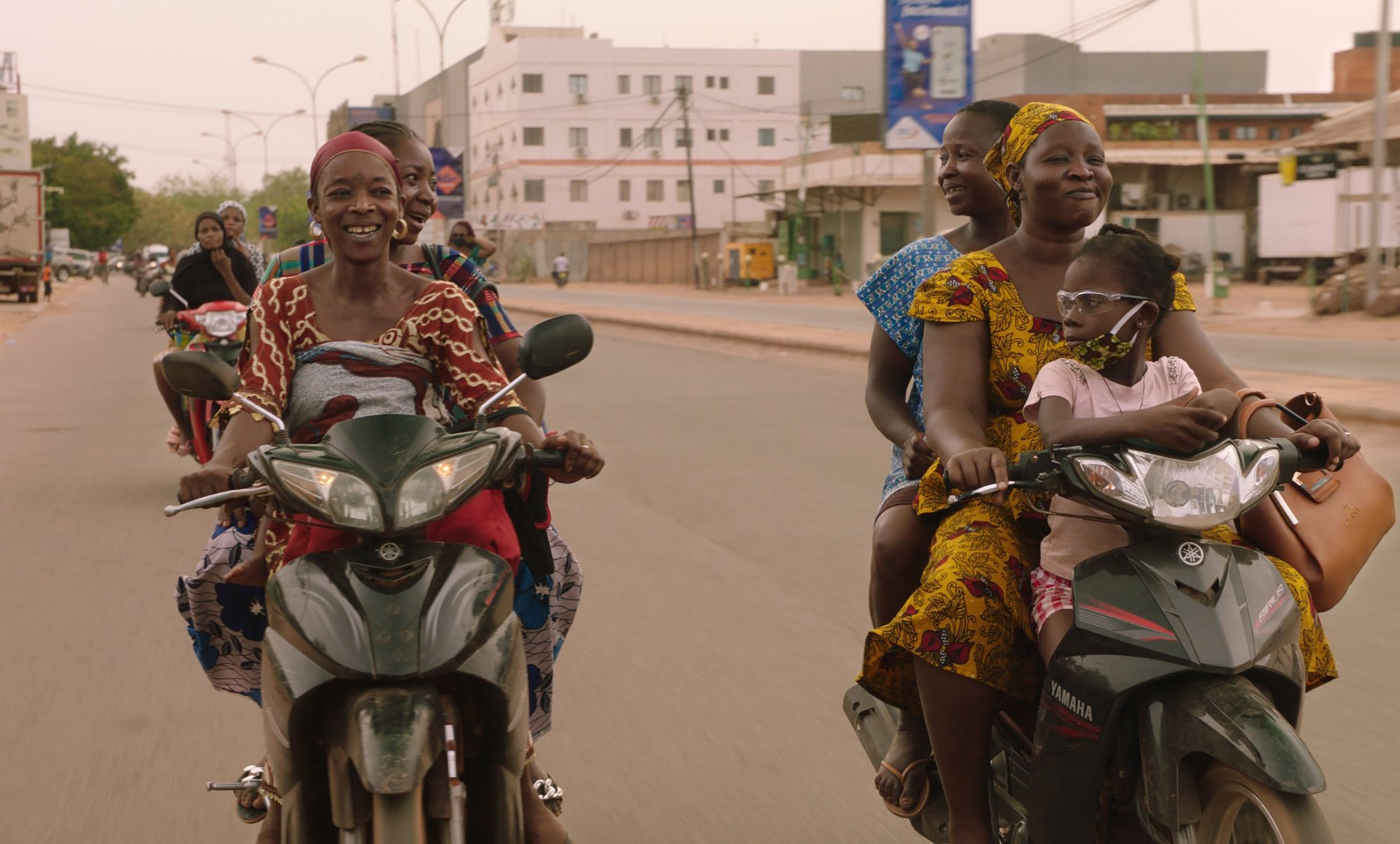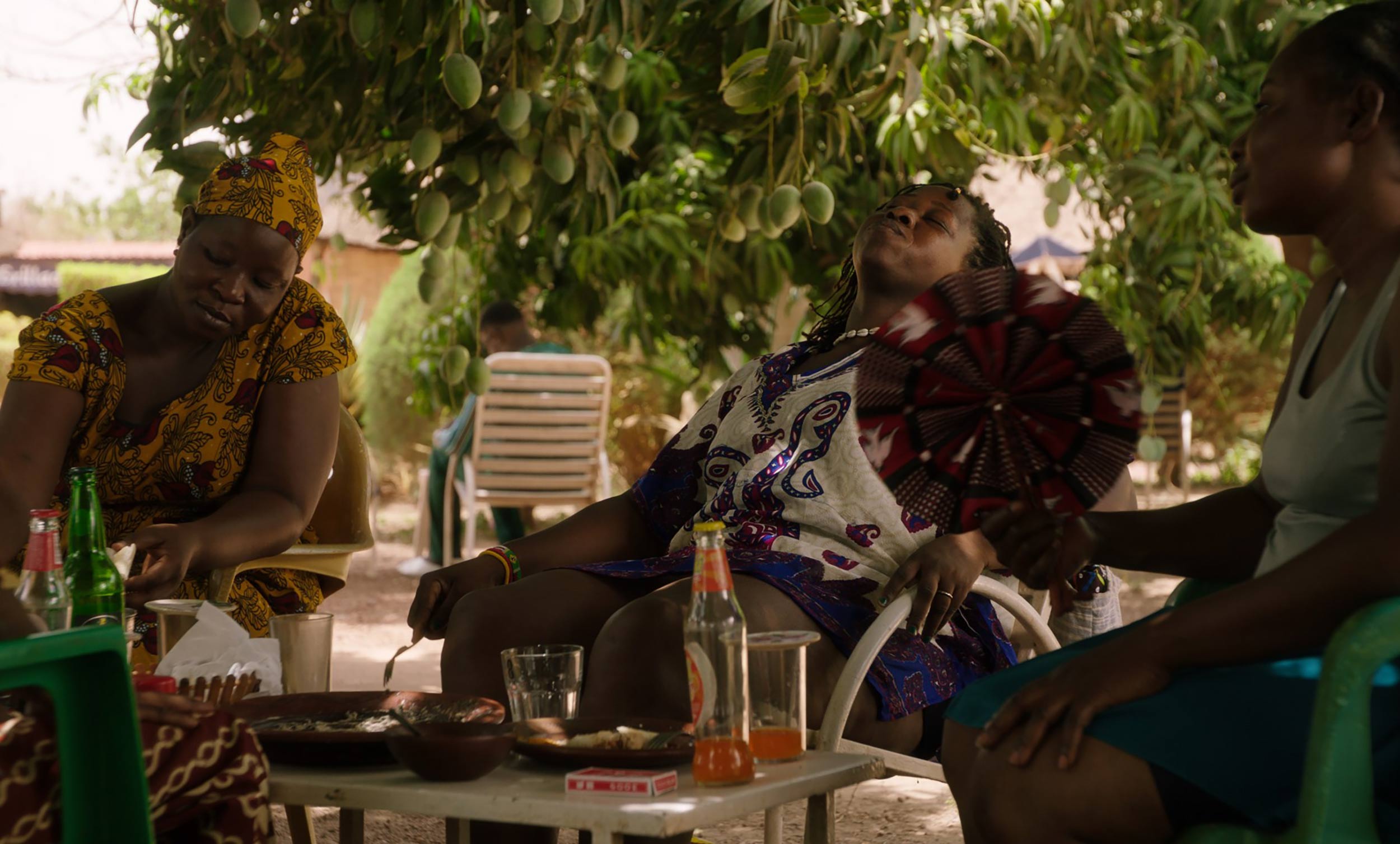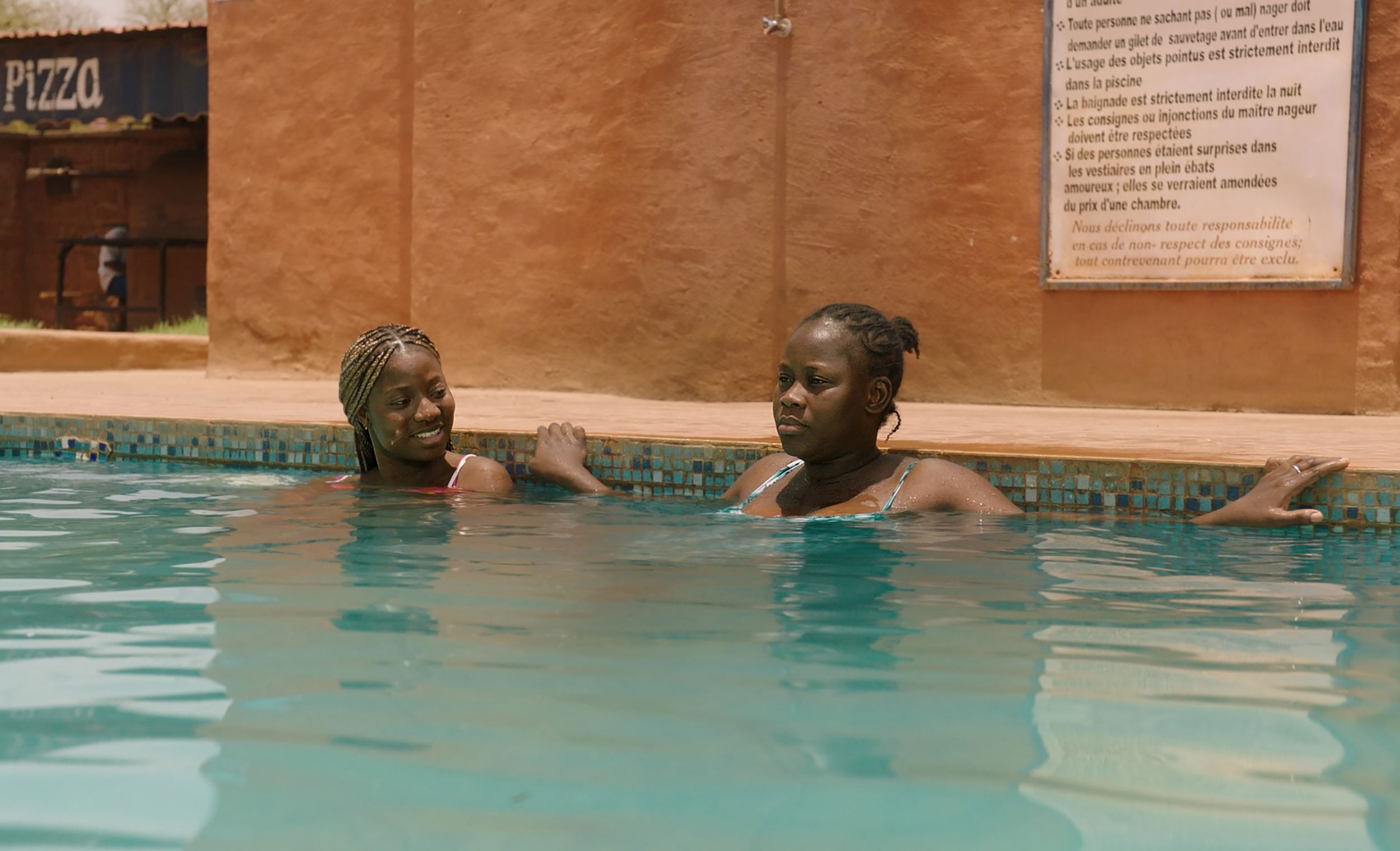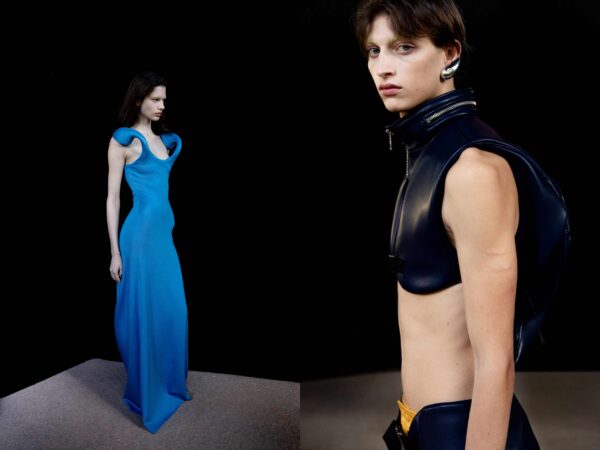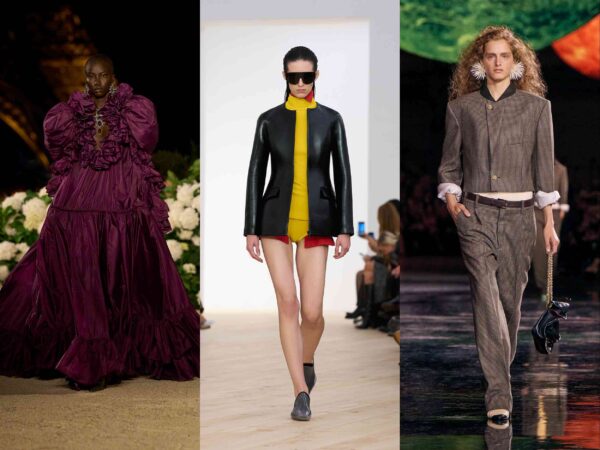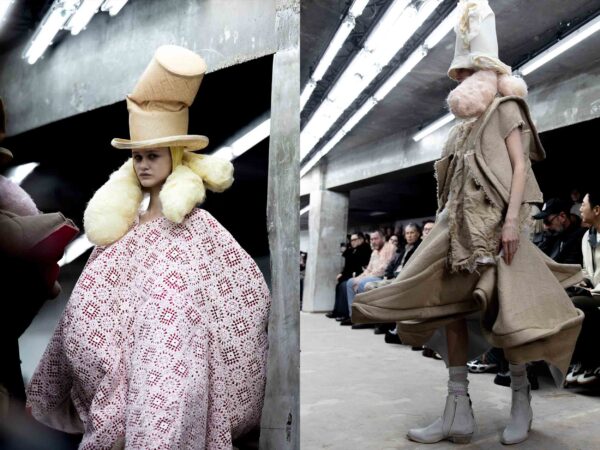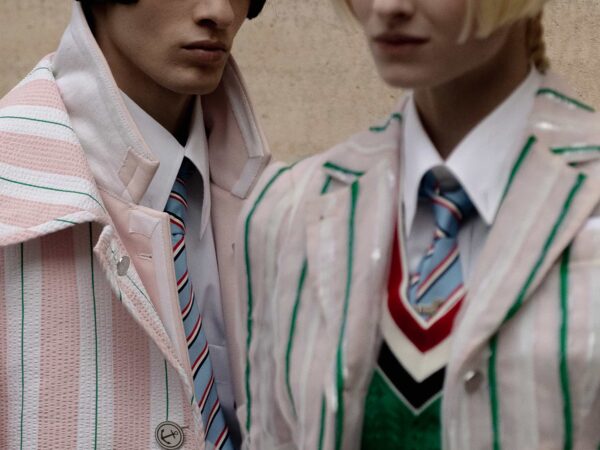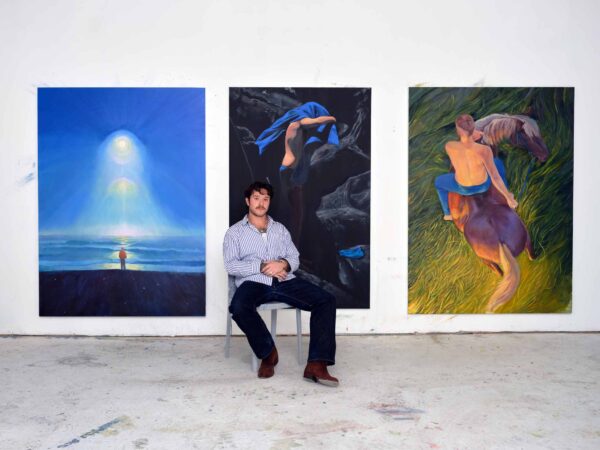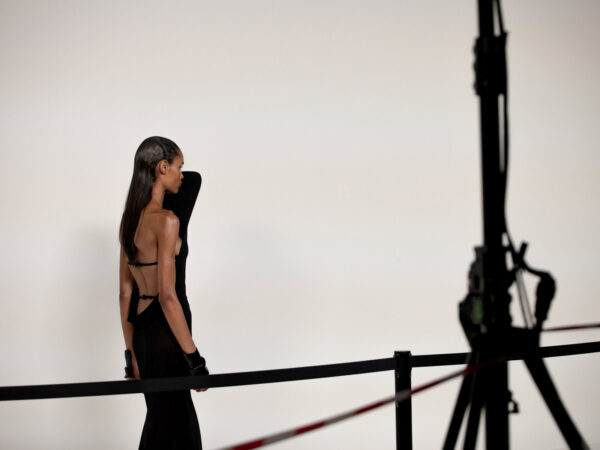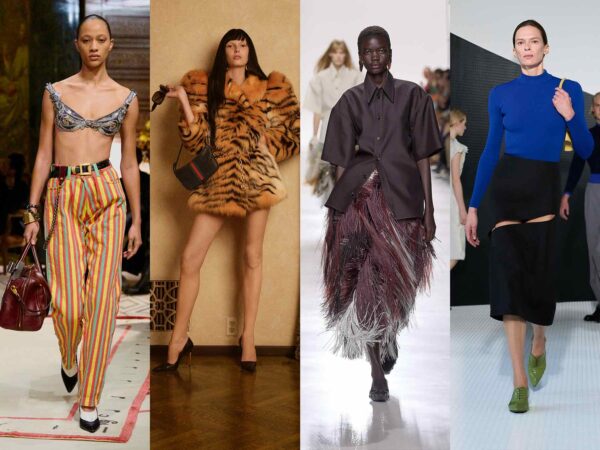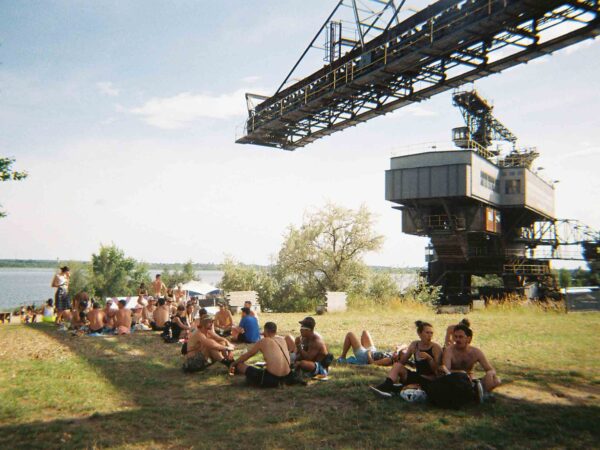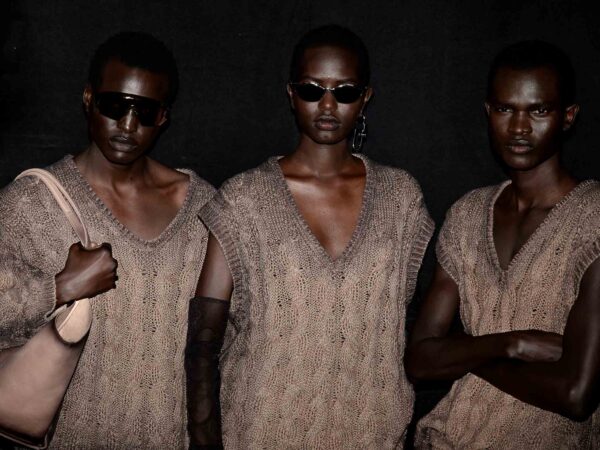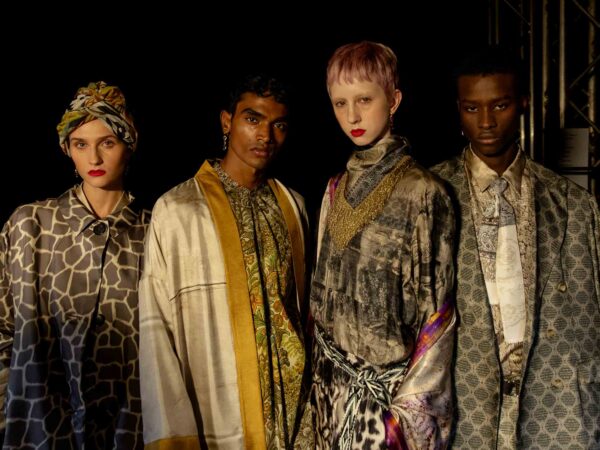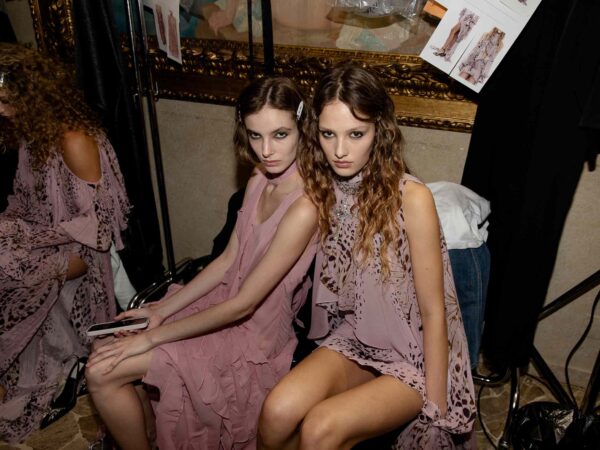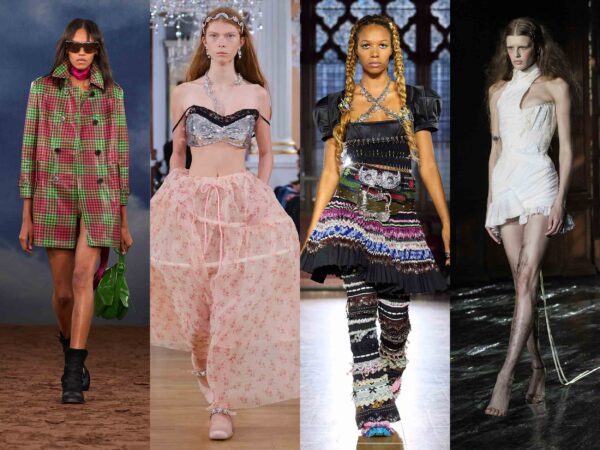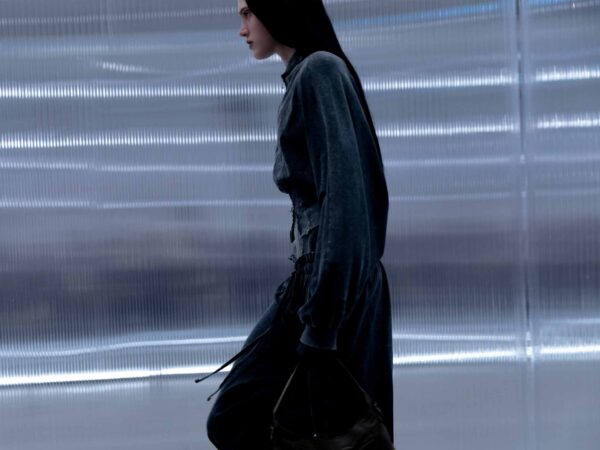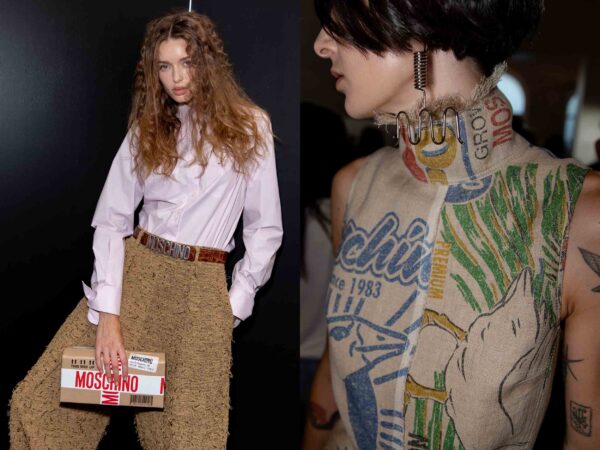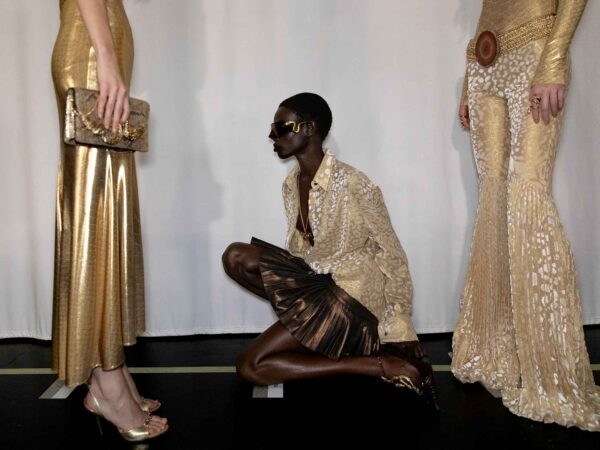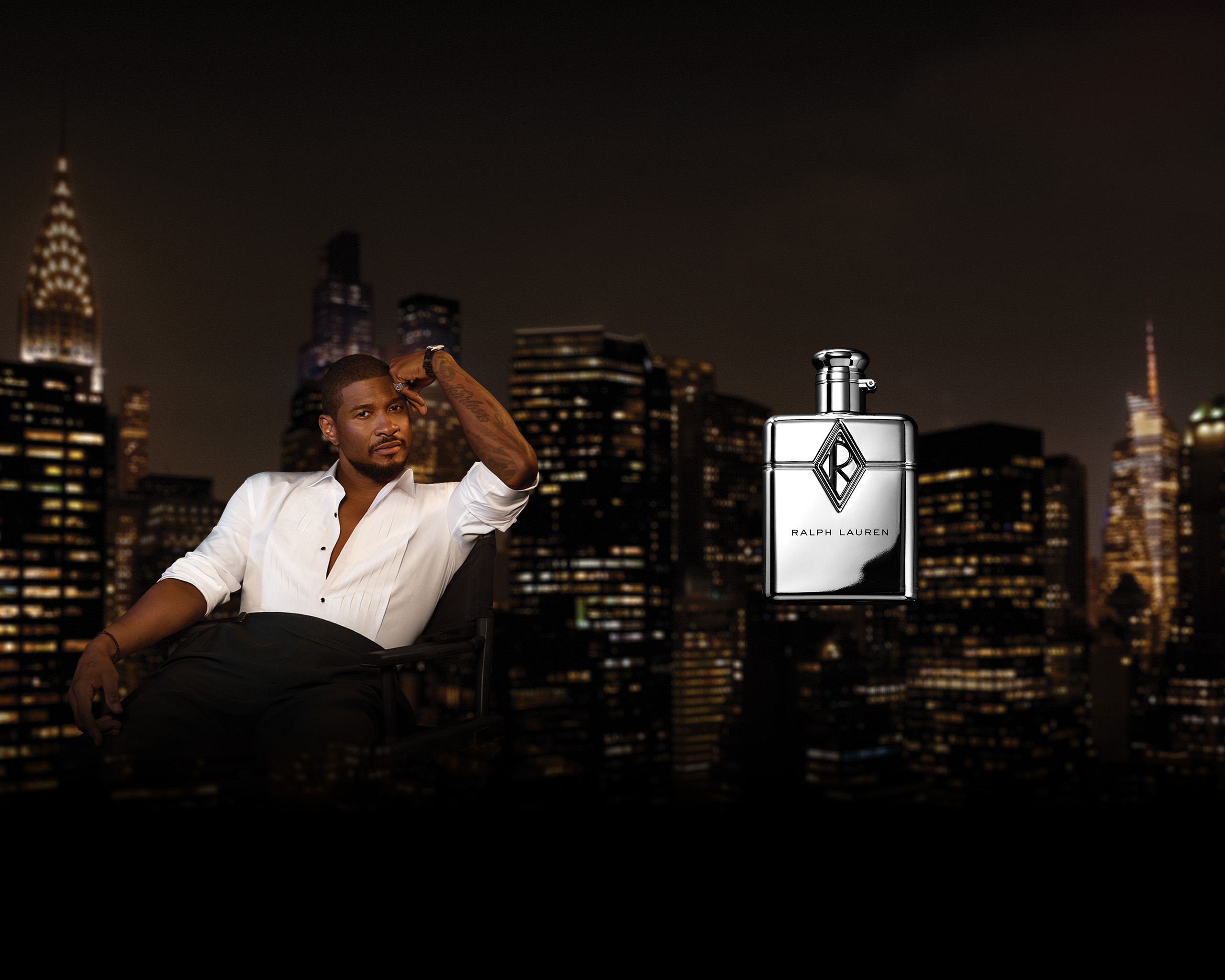In Zoé Cauwet’s short film, making its US premiere at NYAFF, a womens association's long-awaited day of leisure becomes an act of defiance
32 years into its operation, The New York African Film Festival (NYAFF) continues its commitment to highlighting cinematic expressions from the African continent and its vast and vibrant diaspora. Serving not only as a platform for entertainment, but also a point of inquiry—highlighting films that celebrate African culture, while questioning the state of current relations on the continent, and the future of African cinema.
This year’s theme, Fluid Horizons: A Shifting Lens of a Hopeful World, places a necessary emphasis on youth. It honors the efforts and resilience of young people across Africa and beyond, who wield the camera as their tool of resistance and reimagination. Emerging filmmakers debuted bold first features and shorts, while seasoned directors returned to reflect on their own legacy and their responsibility in shaping the cinematic voice of the continent. More than 50 films responded to the festival’s theme. Among them, one film, Le Grand Calao by Zoé Cauwet softly hums its message.
Set in Ouagadougou, Burkina Faso, the short film presents a milky escape into the lives of a women’s association. Here, play is their protest against state and patriarchal violence, and their insistence on fun becomes a form of defiance. Le Grand Calao had its US premiere as part of NYAFF’s shorts program, In the Arms of the Mother, a collection of films by or about African women.
Taking place on an extremely hot day in Ouagadougou, the film follows a group of six women as they meet for a long-awaited getaway to the Grand Calao hotel. Suspending their responsibilities and the chaos of their everyday lives, together they find a moment of serenity and fun.
I held my breath for the entirety of this film, waiting for disaster to inevitably claw its way through and take me back to the story I am most familiar with: the brutal depiction of the African woman’s plight.
Those familiar stories have their value. It is true that there is real and serious devastation for women across Africa. It is true that women still bear the evils of colonial destabilization, as roles outside of wife and mother are still being investigated as possibilities. Yet, it is also true that amidst women’s suffering, there is a life to be lived, and choosing life in the face of devastation is protest in its own right.
What happens between the bomb drops and gunshots historians use as obligatory proof that history matters? What happens when brutal violence and catastrophe become the unfortunate promise of everyday life? And what happens amid these moments of devastation where life still asks you to go on? This is the question Le Grand Calao is concerned with.
The film opens with gentle observational frames of Ouagadougou, where motorcycle engines, bird songs, dancing trees, and the buzz of public radio layer to create a soft melodic soundscape of a city alive, familiar, and beautiful. Immediately, we are introduced to the exuberant group: Adama, Aïcha, Pauline, Clementine, Ami, and Abi—whose bond feels intimate, even essential. Later in the film, Abi speaks to the necessity of this association; because “women have lots of troubles.”
“Their joy feels unrehearsed, their banter unscripted, and their comfort unmanufactured. It’s sisterhood captured, not performed.”
None of the women are professional actors. Aïcha Compaoré, Adama Belem, Pauline Ilboudo, Clémentine Kaboré, Abi Sella Ouattara, and Aminata Ouédrago are all actual members of the Teel-Taaba Women’s Association in Ouagadougou, an organization in Burkina Faso committed to fighting gender-based violence and advocating for women’s autonomy.
Cauwet met these women during a visit to the real-life Le Grand Calao hotel. The film, birthed a few years later, is something closer to a collective performance than a scripted one. These women play versions of themselves, using their real names, moving through scenes with a sense of ease and vulnerability that delivers a playfully intimate performance. Their joy feels unrehearsed, their banter unscripted, and their comfort unmanufactured. It’s sisterhood captured, not performed.
These women greet each other with a dap, and gleefully jump from topic to topic—as if there will always be time to revisit. They drink at what seems to be an inappropriately early hour—unconcerned with the consequences—because today is their long-awaited day. It is obvious that there are real hardships these women endure. Their sheer excitement for the day exposes leisure as exceptional to their reality. In one scene, their dialogue reveals tenderness and tension:
Aïcha to Pauline: “I’m happy you came.”
Pauline: “I’m very happy, too.”
Adama: “If you hadn’t come, I’d have to drag you by force.”
Clémentine: “You don’t know her husband hits her?”
The conversation casually moves on to the new clothes Abi purchased. This early scene positions the film as a story not particularly interested in a utopia free of adversity, but a real world where carrying on is a survival measure.
And carry on, these women do. Riding three on motorbikes down city roads along with their children, puttering to their destination, Le Grand Calao. Motorcycle engines and laughter score this scene.
Cauwet casually weaves the political instability of Burkina Faso into the film. As the women arrive, a radio broadcasts: “The village was hit by a violent terrorist attack. There are reports of 15 dead and 2 injured. Monsignor Dabire has called for prayers for the deceased and peace in Burkina Faso.”
The women offload, commenting on the heat instead of the broadcast. Shade and the calm hotel pool waters are their most pressing objectives at this moment. Violence remains ambient—not ignored, but woven into the texture of daily life.
The film quietly acknowledges that terror can exist alongside laughter, sadness alongside joy. The expectation that trauma must always be the center of African storytelling is interrupted. Le Grand Calao offers a narrative where survival is not only marked by hardships, but by community, play, and mundane pleasures. It insists that African women, too, are entitled to escape.
One of the most striking scenes comes during a lull. Some women nap. Others play cards. One hums to herself. A gunshot cracks the quiet. Adama startles—visibly shaken but not panicked. The others hear it too. And just as we brace for the narrative to jolt back to familiar chaos, Pauline, mid-card game with the group, asks plainly:
“What is that?”
A beat.
“Your turn. Play.”
“It scared me. What card should I put down?”
To play through fear, to play through instability—this is what Le Grand Calao asks us to
consider, how joy and community might not just represent merely a temporary respite from violence, but rather a refusal to allow violence to define the entirety of one’s existence.
Their pool day seems to stretch on forever—but not long enough. The film does not deny that the day will end. That is not the point; it reminds us that the point is in each moment.


